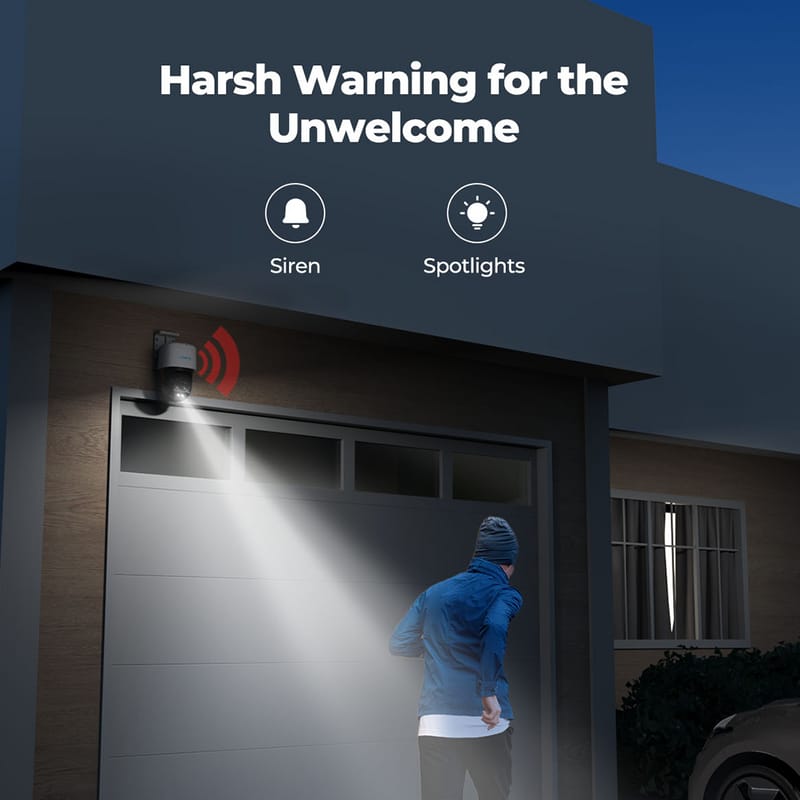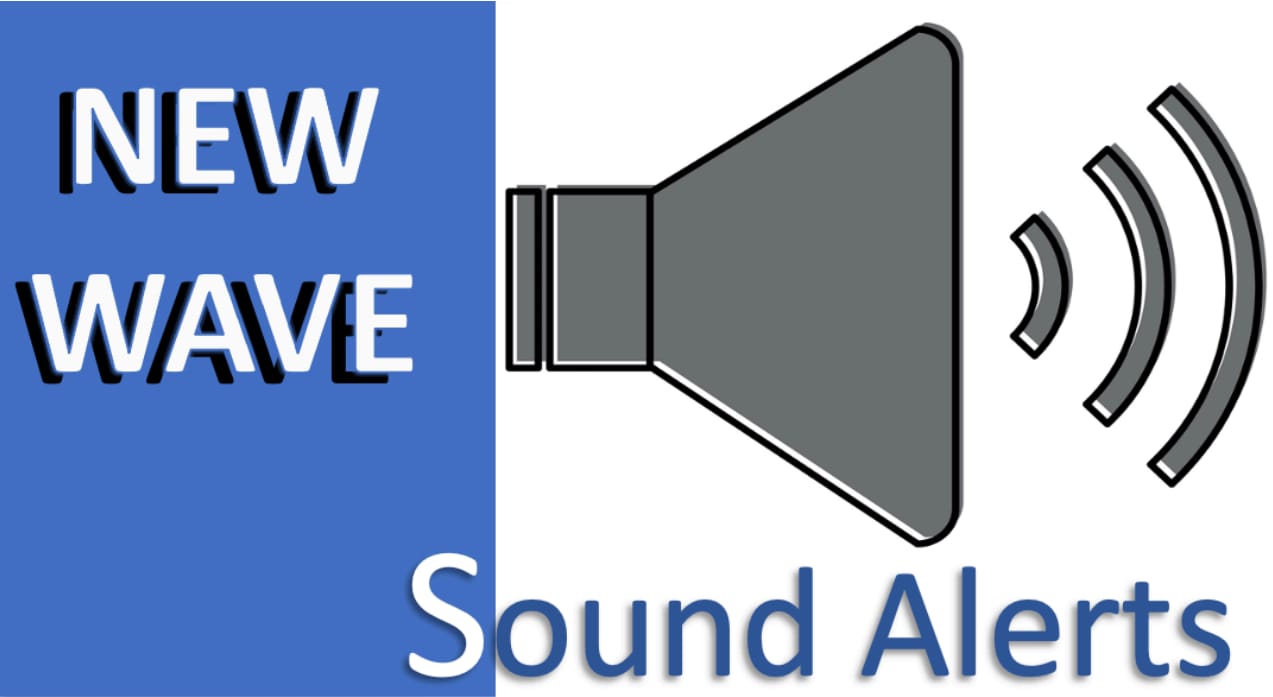Blog
What NBEC Certification Really Means for Your Sound Alert Provider

When you’re selecting a company to design and install your facility’s emergency alert system, credentials matter. But what do they actually mean? At New Wave Sound Alerts, we’re annually re-certified by the National Business Ethics Certification (NBEC) for best practice business management. Here’s why that should matter to you.
Beyond Basic Compliance
Anyone can claim they follow industry standards. NBEC certification requires proof. Annual recertification means we must demonstrate adherence to business ethics, project management practices, customer service standards, and operational excellence—not just once, but year after year. It’s accountability in an industry where mistakes can cost lives.
What Best Practice Management Includes
NBEC certification evaluates every aspect of our business operations. Are we properly licensed and insured? Do we maintain current technical certifications? How do we handle customer complaints? What about our supply chain management and equipment sourcing? The certification process leaves no stone unturned, ensuring that the company you trust with your safety systems operates with integrity at every level.
The Project Management Difference
Best practice management means you get detailed project timelines, transparent pricing, clear communication throughout installation, and comprehensive documentation upon completion. You’ll never wonder about project status or face surprise costs. Our project managers follow standardized protocols that ensure consistent, professional service regardless of project size.
Ongoing Education and Training
Maintaining certification requires our team to stay current with industry developments, new technologies, and evolving safety codes. That investment in ongoing education directly benefits our clients—you get the advantage of our up-to-date knowledge without having to become experts yourselves.
Accountability You Can Verify
NBEC certification isn’t self-reported. It’s verified by external auditors who evaluate our operations against established benchmarks. When we say we meet best practice standards, it’s not marketing language—it’s a certified fact you can independently confirm.
Why Some Companies Don’t Pursue Certification
The certification process is rigorous and requires significant investment in systems, training, and documentation. Some companies in our industry take shortcuts—using subcontractors without proper oversight, sourcing cheaper equipment of questionable quality, or lacking proper insurance coverage. They can offer lower initial prices, but at what cost to your long-term safety and liability?
Your Facility Deserves Certified Expertise
Emergency alert systems are too important to trust to uncertified installers. When lives depend on your system working perfectly under crisis conditions, shouldn’t you require proof of professional standards?
Ask your current or prospective sound alert provider about their certifications. If they can’t show them, that tells you everything you need to know.
